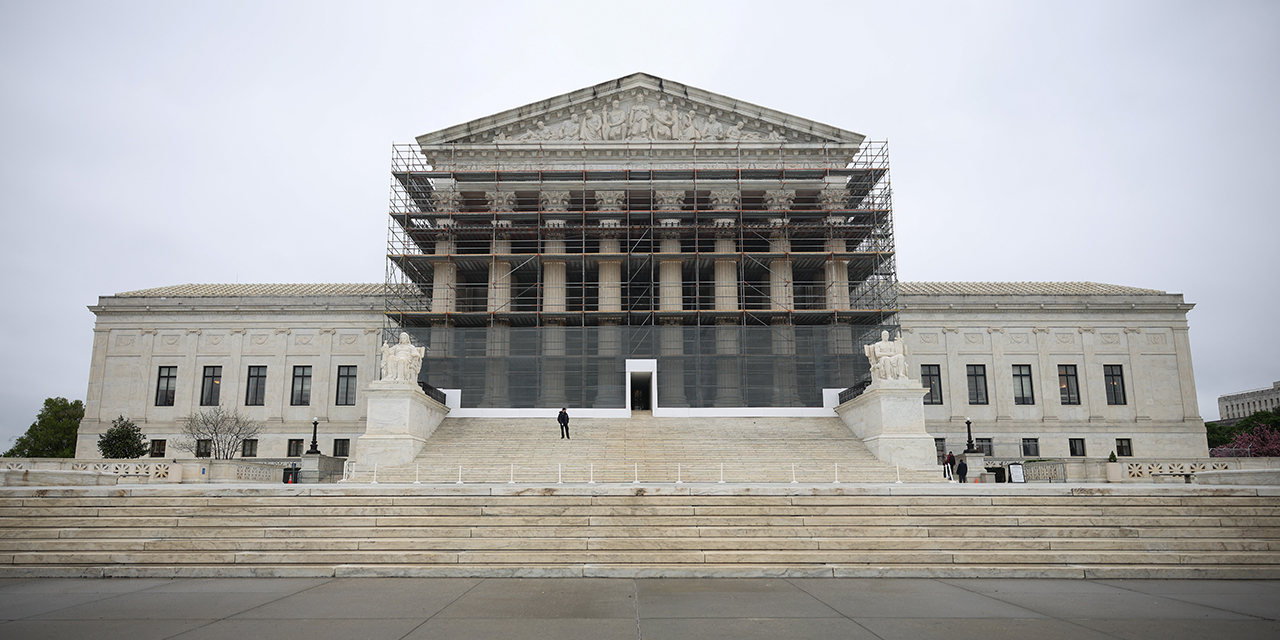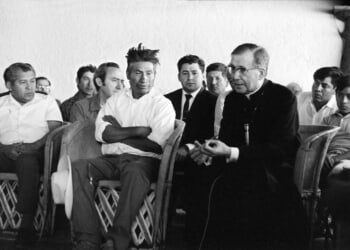
Starting in the 1960s, the Supreme Court issued a series of rulings that claimed to require state neutrality toward religion but, in practice, allowed discrimination against faith-based institutions. Over the past decade, the Court has reversed course, affirming that states may not exclude religious organizations from programs available to private entities.
Three key decisions have driven this shift: Trinity Lutheran Church of Columbia, Inc. v. Comer (2017), Espinoza v. Montana Department of Revenue (2020), and Carson v. Makin (2022). In Trinity Lutheran, the Court held that Missouri violated the Constitution by denying a faith-based preschool access to a state-funded playground resurfacing grant. In Espinoza, it ruled that Montana’s supreme court acted unconstitutionally in striking down a school-choice program simply because it included religious schools. And in Carson, the Court found that Maine’s exclusion of religious schools from a tuition-assistance program violated the Constitution.
Finally, a reason to check your email.
Sign up for our free newsletter today.
These decisions established two key principles: states may not exclude faith-based organizations from public programs, and they may not require those organizations to abandon their religious character as a condition of receiving public funds.
Crucially, the Court affirmed that states cannot discriminate against an institution simply because it intends to put public funds to “religious use”—that is, to offer faith-based programming. As Chief Justice John Roberts wrote in the Carson majority opinion, “the prohibition on status-based discrimination under the Free Exercise Clause is not a permission to engage in use-based discrimination.” Local governments cannot create programs and make them impossible for religious groups to access—by restricting the use of the funds—as a way to get around the Constitution’s protections for people of faith.
Some state governments and lower courts, however, continue to discriminate against religious institutions. Oregon, for example, operates a public pre-K program but refuses to fund any religiously affiliated providers. Alabama’s First Class Pre-K, which provides most of the state’s four-year-olds with funding, explicitly excludes religious providers and requires that “[a]ctivities religious in nature must take place outside of the . . . Pre-K school day.” New York City’s Pre-K for All similarly bars religious instruction and the observance of religious holidays. Comparable restrictions exist in the publicly funded pre-K programs of New Mexico, North Carolina, Iowa, and other states.
The Supreme Court has a chance to build on its recent rulings concerning religion and public life. Three cases currently on its docket are relevant. The first is Catholic Charities Bureau v. Wisconsin. Wisconsin’s state unemployment insurance system bizarrely asserts that, notwithstanding the organization’s name, Catholic Charities should not be considered a religious organization. If an organization is just “charitable” rather than “religious,” it must fully participate in the state’s unemployment insurance scheme and cannot enjoy the exemptions afforded to religious entities. In keeping with the original meaning of the First Amendment, however, the Court can justifiably rule that religious groups engaged in charitable work do not have to lose their religious freedom simply because their ministries serve the public.
The second case is Oklahoma Statewide Charter School Board v. Drummond. Catholics in Oklahoma want to serve rural students with an online charter school. The state’s charter school board approved applications for schools with distinctive features such as Montessori educational philosophy and Native American culture; it approved the Catholic charter school, too, but the attorney general contested this approval, claiming that it violated Oklahoma’s constitution, and the state supreme court sided with him. This case gives the Court a pivotal opportunity not only to correct the Oklahoma Supreme Court’s faulty interpretation of the First Amendment but also to put all states on notice that discriminatory, Blaine-amendment-style state laws are unenforceable.
The third is Mahmoud v. Taylor, concerning a Maryland school board’s insistence on subjecting all students to an “inclusion” curriculum featuring gender theory and instruction on “kink,” with no parental opt-out or prior notice. By finding for the plaintiffs, the Court can affirm parents’ constitutional right to direct the moral and religious upbringing of their children—an essential check on ideologically coercive public school curricula.
With these decisions, the Court can reaffirm a core constitutional principle: that religious identity is not a disqualifier for civic participation. A healthy pluralism does not fear faith’s presence in public life—it welcomes it.
Photo by Kayla Bartkowski/Getty Images News via Getty Images
City Journal is a publication of the Manhattan Institute for Policy Research (MI), a leading free-market think tank. Are you interested in supporting the magazine? As a 501(c)(3) nonprofit, donations in support of MI and City Journal are fully tax-deductible as provided by law (EIN #13-2912529).
Source link















